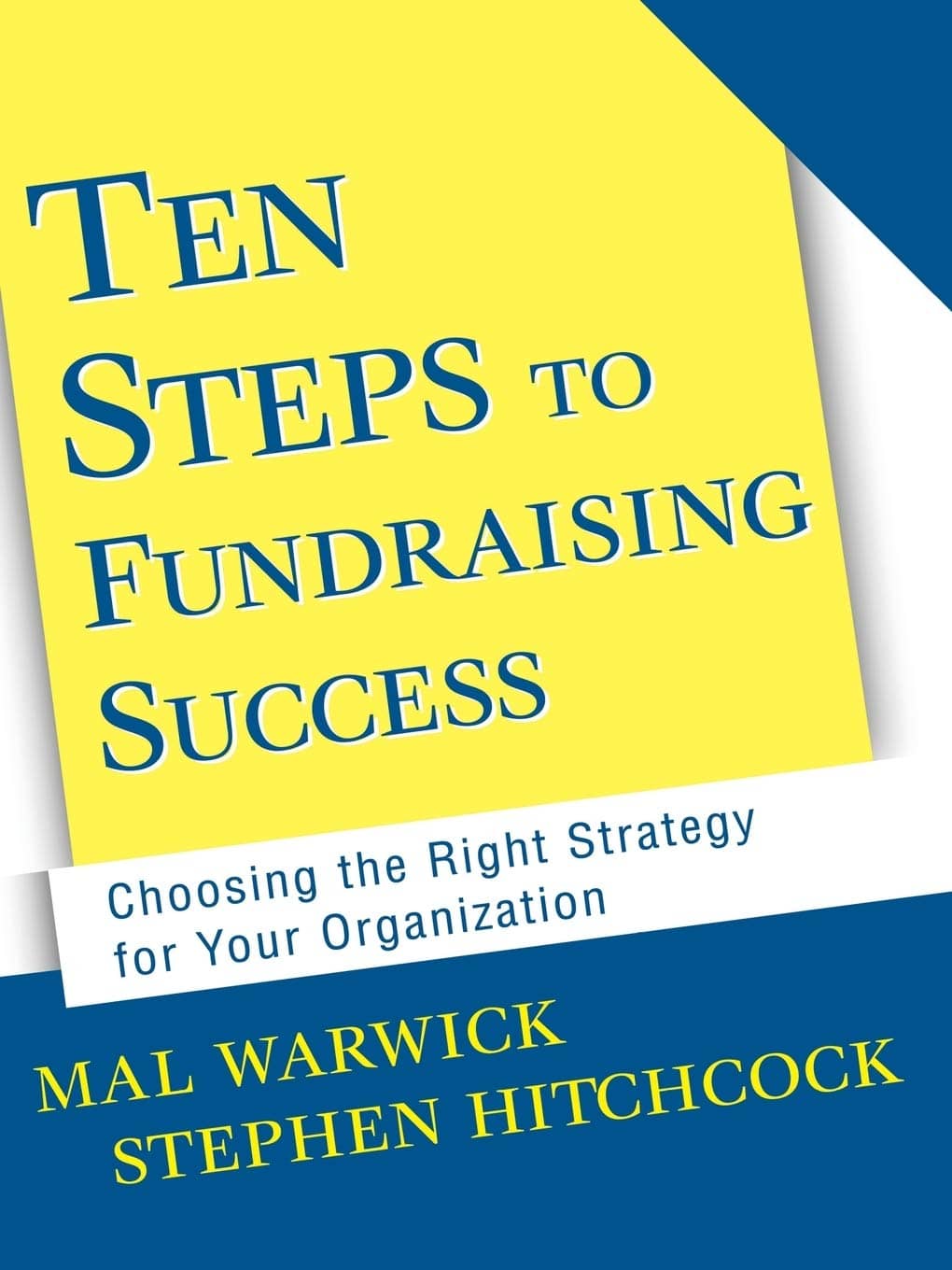Copywriting: ideas equivocadas en la redacción de textos
Adoro la hermosura, y en la moderna estética
corté las viejas rosas del huerto de Ronsard;
mas no amo los afeites de la actual cosmética,
ni soy un ave de esas del nuevo gay-trinar.
Desdeño las romanzas de los tenores huecos
y el coro de los grillos que cantan a la luna.
A distinguir me paro las voces de los ecos,
y escucho solamente, entre las voces, una.
(Retrato, Antonio Machado, extracto).
Dicho de otro modo... (cuando redactes un texto de fundraising) no pretendas hacer de Góngora ni re-escribir una nueva (e ilegible) Finnegans Wake.
Este artículo (abajo) es una verdadera joya.
Es un extracto del libro, Open Immediately: Straight Talk on Direct Mail Fundraising : What Works, What Doesn'T, and Why, bien conocido en el mundo del fundraising, escrito por Stephen Hitchcock, coautor de este otro libro, best seller, en la materia.

Te lo traemos aquí «sacado de la máquina del tiempo» (pero 100% actual) tal y como se publicó en su momento, en una web que ya no existe.
Guárdalo (como hicimos nosotros en su momento) y reléelo de vez en cuando.
Especialmente cuando algún listo te diga que... —eso (que tú has escrito plenamente consciente de lo que hacías) —está mal escrito...
El artículo.
Misconceptions About Writing Fundraising Letters
November 2007
Debajo, en español.
Excerpt from Open Immediately! Straight Talk on Direct Mail Fundraising: What Works, What Doesn't, and Why
One of the most crippling misconceptions about letter writing is that it's hard and something to labor over. Not so. The secret to writing effective fundraising letters is to write quickly and naturally. To let the words flow from your fingers, to talk a "blue streak" on paper.
We're wary of people who choose their words too carefully, and we seldom vote for political candidates who appear to be "thinking" while they're speaking. Donors write checks because they feel a personal and comfortable connection with your organization, and that starts with your writing.
Of course, once you've spewed out your purple prose, you must go back and rewrite. And rewrite again. Too many drafts can turn your letter into a stiff and convoluted essay, but I worry if my letters haven't gone through three drafts.
In fact, one of the primary reasons I edit my letters is that, in my haste in putting words on paper, I sometimes slip into "fine literature." I want to make sure my letter does feel like conversation—that it does indeed break the rules of good grammar and conventional prose. In other words, you edit fundraising letters so they don't seem "written" at all.
As I edit letters written by myself and others, there are at least seven practices that fly in the face of what many believe is good grammar or fine writing:
